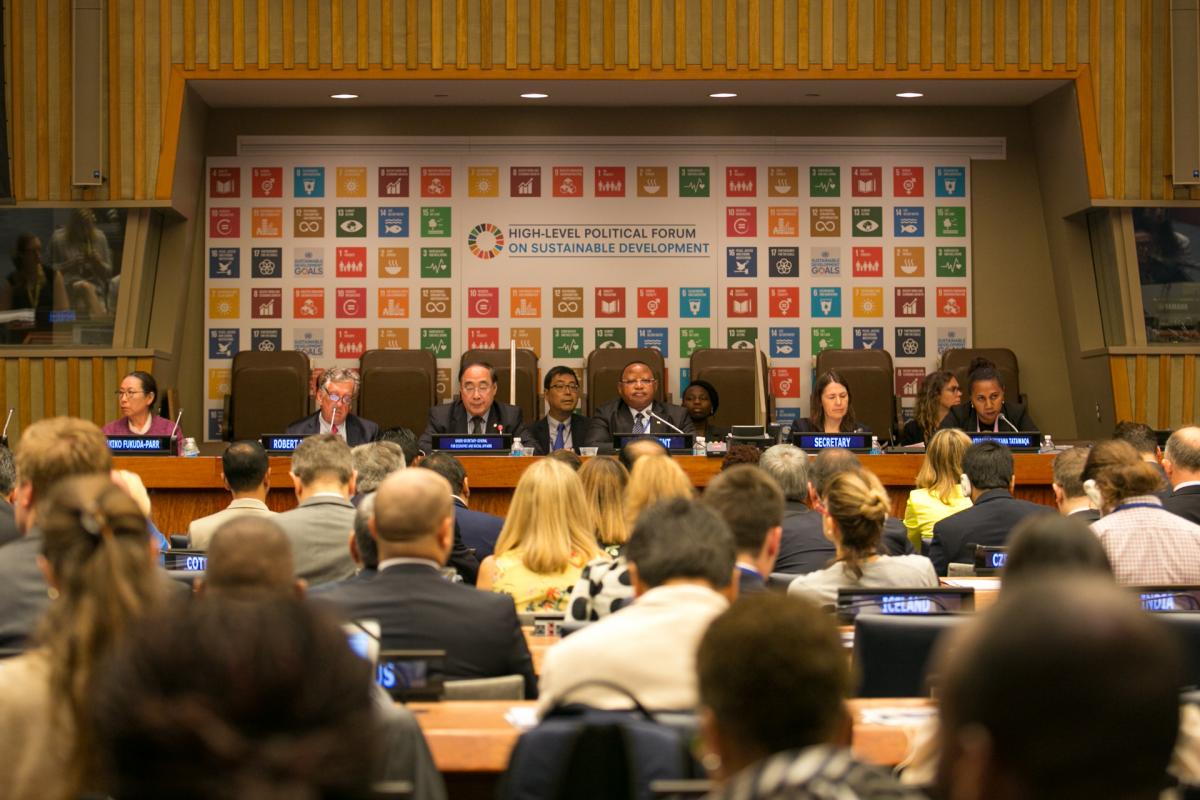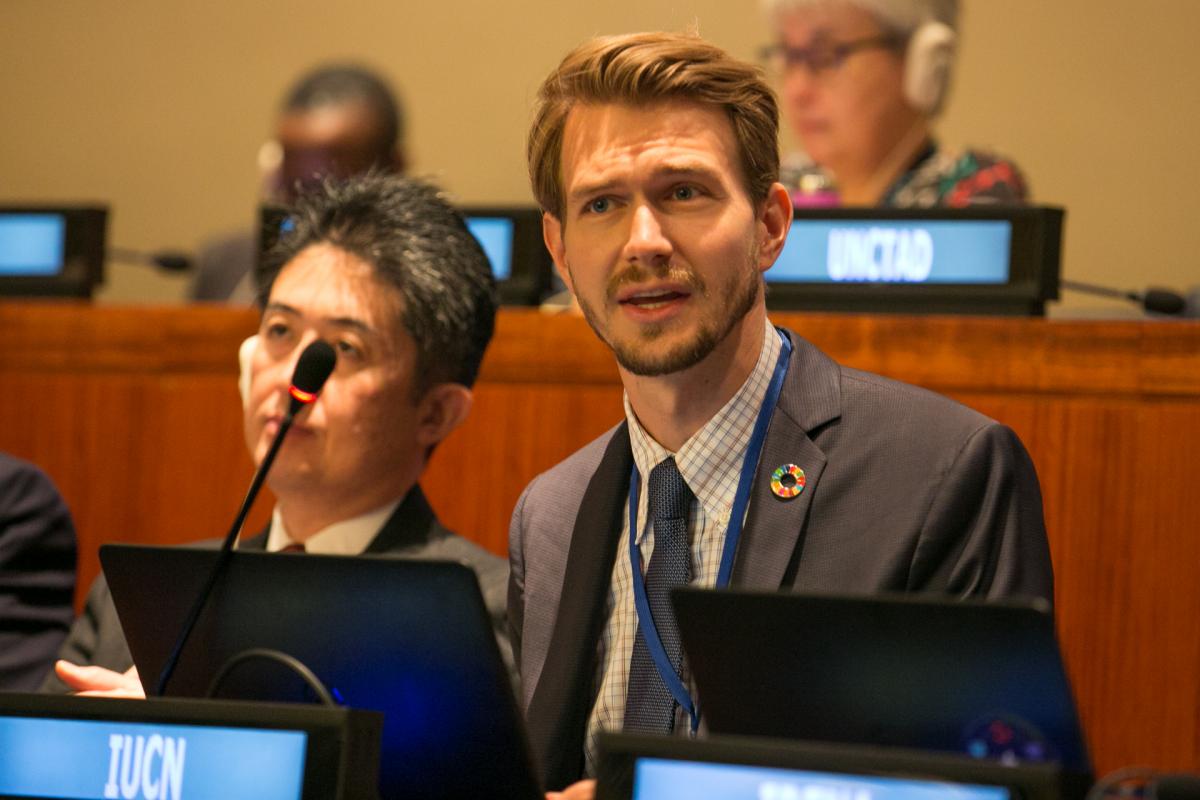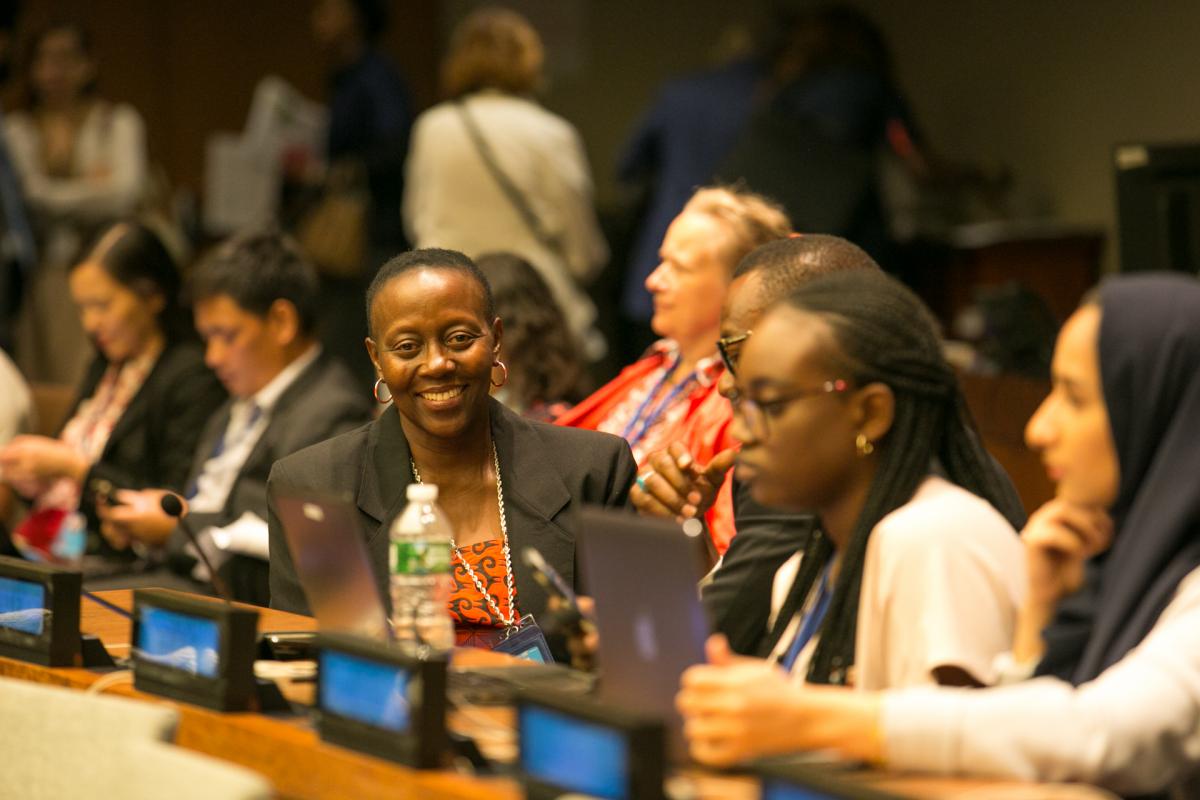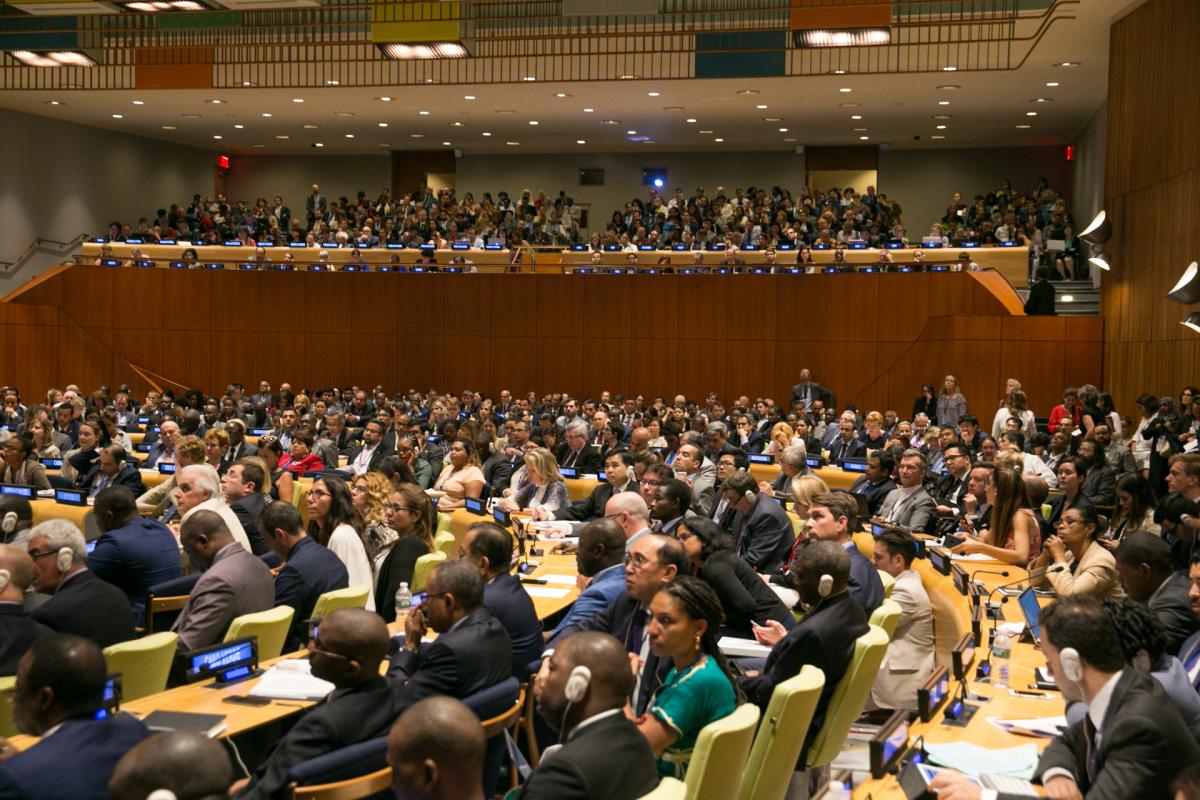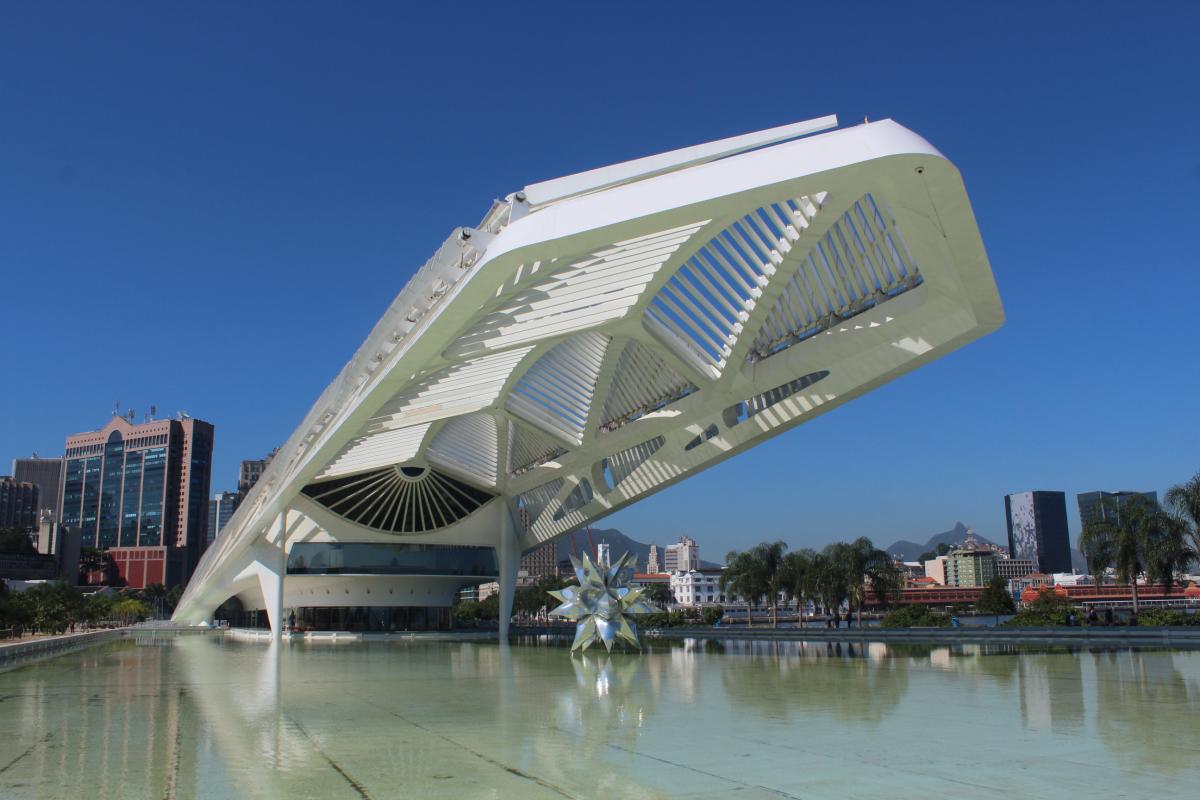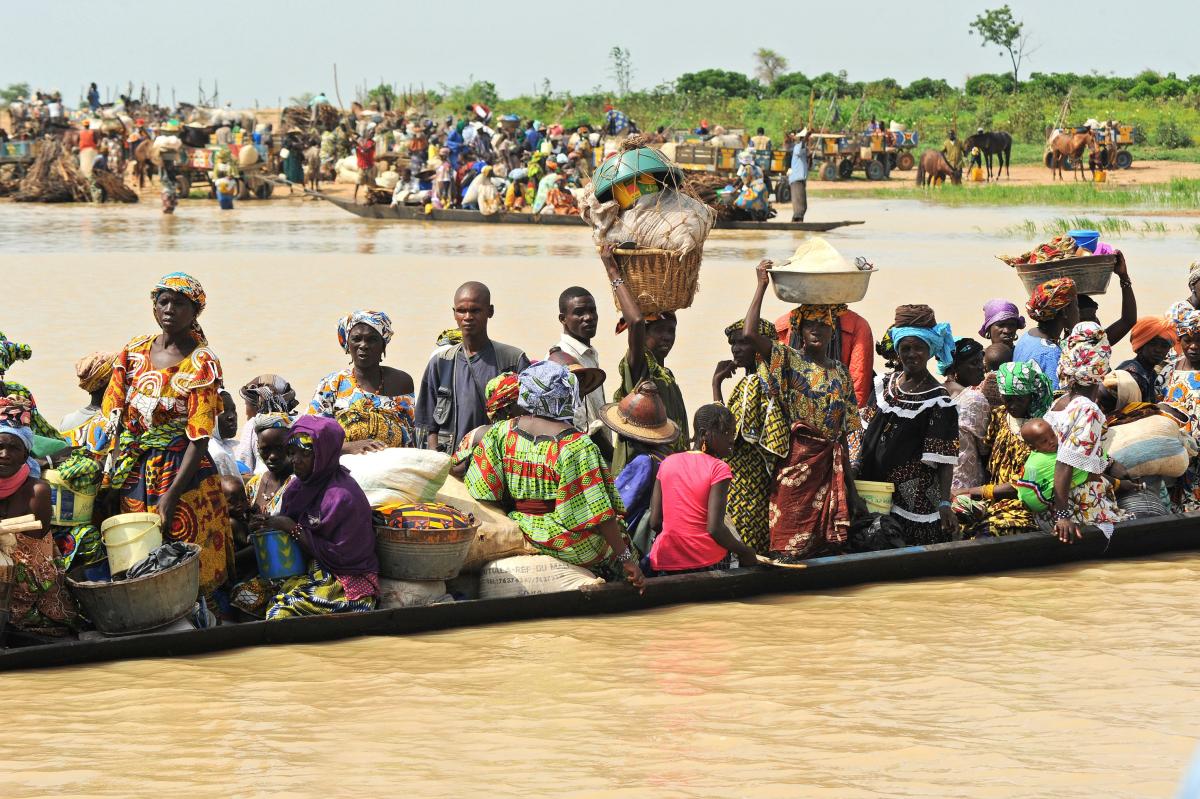2017 UN High Level Political Forum on Sustainable Development: Outcomes
The 2017 High-Level Political Forum on Sustainable Development (HLPF) took place at UN Headquarters in New York from 10-19 July, under the overarching theme of "Eradicating Poverty and Promoting Prosperity in a Changing World”. The focus of the first week of the meeting was on the thematic reviews of six selected goals of Sustainable Development Goals: SDG 1 (end poverty), SDG 2 (end hunger), SDG 3 (promote health and well-being), SDG 5 (achieve gender equality), SDG 9 (build resilient and innovative infrastructure), and SDG 14 (conserve and sustainably use the oceans and marine resources). This was in addition to reviewing the implementation of SDG 17 (partnerships for the goals), which will be considered in depth each year.
The HLPF also included a three‐day Ministerial Segment where 43 countries presented Voluntary National Reviews (VNRs). Over the eight days of HLPF, 77 ministers, cabinet secretaries, and deputy ministers; and 2,458 registered stakeholder representatives convened to assess 43 VNRs from Asia Pacific, Africa, Europe, Latin America, and the Caribbean - adding to the 22 VNRs presented in 2016. Outside of the main HLPF session, 147 side events, three special events, nine learning courses, a private sector workshop, an SDG Business Forum, and a Partnership Exchange program to support implementation of the 2030 Agenda took place.
By grouping the specific SDGs under a broader theme, HLPF 2017 attempted to discuss the indivisible, integrated, and interlinked nature of the goals and recognize transformative actions to help policymakers, stakeholders, and private sector actors towards effective implementation. The representatives also highlighted the fact that leveraging interlinkages for implementation is a critical issue often deeply rooted in politics. That is where the rule of law, policies, and institutions can play a fundamental role through SDG 16 (peace and justice, strong institutions).
Pointing to the rule of law for the purpose of development, Irene Khan, Director-General of the International Development Law Organization, discussed the necessity of legal empowerment across the SDGs and recalled the importance of “transparent, rule-based mechanisms” as well as the “the role of law and the rule of law” for implementing the 2030 Agenda to a more sustainable, fair, and equitable world. Nevertheless, the attention to the role of law and the principles of the rule of law only applied to a few of the VNRs (e.g. Belgium and Sweden). Although some cross-border challenges to sustainable development were highlighted over the HLPF meetings, the space dedicated to law and serious analysis of policy issues was very limited.
The Forum concluded with adoption of a Ministerial Declaration after debate and voting on paragraphs related to peaceful, just, and inclusive societies, and means of implementation. All presentations and discussions at the 2017 HLPF highlight the critical role of the Forum as the global platform for collaboration, partnerships, and enhancing national efforts and review of what’s working and how to take best practices to scale. Looking ahead, more initiatives - such as the SDG16 Data Initiative - and building and promoting more related legal global indicators should be considered as critical to prepare for achieving SDG 16; a crosscutting goal which will be reviewed in-depth at the HLPF in 2019.
by Nafiseh Jafarzadeh
Environmental Policy Analyst, Environmental Law Institute and WCEL Member
 Photo: Screen capture
Photo: Screen capture
